 T HEORY OF M IND AND L ITERATURE
T HEORY OF M IND AND L ITERATURE 

T HEORY OF M IND AND L ITERATURE

EDITED BY
P AULA L EVERAGE , H OWARD M ANCING ,
R ICHARD S CHWEICKERT, AND J ENNIFER M ARSTON W ILLIAM
Purdue University Press
West Lafayette, Indiana
Copyright 2011 by Purdue University. All rights reserved.
Printed in the United States of America.
Library of Congress Cataloging-in-Publication Data
Theory of mind and literature / edited by Paula Leverage ... [et al.].
p. cm.
Includes bibliographical references and index.
ISBN 978-1-55753-570-2
1. Literature--History and criticism--Theory, etc. 2. Philosophy of mind in literature. I. Leverage, Paula, 1970
PN441.T45 2010
801.92--dc22
2010009895
To our loving families.
Contents
Theory of Mind and Theory of Minds in Literature
Keith Oatley
Social Minds in Little Dorrit
Alan Palmer
The Way We Imagine
Mark Turner
Theory of Mind and Fictions of Embodied Transparency
Lisa Zunshine
Theory of the Murderous Mind: Understanding the Emotional Intensity of John Doyles Interpretation of Sondheims Sweeney Todd
Diana Calderazzo
Distraction as Liveliness of Mind: A Cognitive Approach to Characterization in Jane Austen
Natalie Phillips
Sancho Panzas Theory of Mind
Howard Mancing
Is Perceval Autistic?: Theory of Mind in the Conte del Graal
Paula Leverage
Whose Minds Eye? Free Indirect Discourse and the Covert Narrator in Marlene Streeruwitzs Nachwelt
Jennifer Marston William
Attractors, Trajectors, and Agents in Racines Rcit de Thramne
Allen G. Wood
The Importance of Deixis and Attributive Style for the Study of Theory of Mind: The Example of William Faulkners Disturbed Characters
Ineke Bockting
Alternative Theory of Mind for Artificial Brains: A Logical Approach to Interpreting Alien Minds
Orley K. Marron
Reading Phantom Minds: Marie Darrieussecqs Naissance des fantmes and Ghosts Body Language
Mikko Keskinen
Theory of Mind and Metamorphoses in Dreams: Jekyll & Hyde, and The Metamorphosis
Richard Schweickert and Zhuangzhuang Xi
Mother/Daughter Mind Reading and Ghostly Intervention in Toni Morrisons Beloved
Klarina Priborkin
Changing Minds: Theory of Mind and Propaganda in Egon Erwin Kischs Asien grndlich verndert
Seth Knox
Functional Brain Imaging and the Problem of Other Minds
Dan Lloyd, Vince Calhoun, Godfrey Pearlson, and Robert Astur
How is it Possible to Have Empathy? Four Models
Fritz Breithaupt
Theory of Mind and the Conscience in El casamiento engaoso
Jos Barroso Castro

Acknowledgments

As most books do, Theory of Mind and Literature has accumulated a significant number of debts in the course of its development, not least because it has been a collaborative enterprise on several levels since its inception. The book emerges from the exciting interdisciplinary exchanges that took place at a conference of the same name at Purdue University at the end of 2007. Our first debt of gratitude is to the seventy participants in the conference who met over the course of four days to explore intently the importance of Theory of Mind in reading and understanding literature. The conversations, both formal and informal, were exciting, original, and always productive. Many of the essays submitted for consideration in this volume were reworked in light of insights culled from the conference.
Neither the conference, nor this book would have been possible without the unstinting moral and financial support of Purdue University, especially the College of Liberal Arts, under the direction of former Dean John Contreni; the Department of Foreign Languages and Literatures, under the direction of former Head Paul Dixon; and the Department of Psychological Sciences, under the direction of former Head Howard Weiss. We would also like to thank the following programs and departments for additional generous support: Classics, Film Studies, Jewish Studies, the Department of English, Comparative Literature, and Medieval and Renaissance Studies. We are extremely grateful to Howard Weiss and Christopher Agnew (former and current Head of the Department of Psychological Sciences, respectively) for subsidizing the preparation of the index, and to Tom Berndt (interim Head of the Department of Foreign Languages and Literatures) for additional support.
For permission to reprint the essays by Mark Turner and Lisa Zunshine, we are grateful to Oxford University Press and the British Academy, to Ohio State University Press, and especially to Ilona Roth for her assistance in reprinting Mark Turners essay. For careful reading and astute suggestions for revision, we are grateful to the reviewers of the individual essays and the book as a whole. Finally, we would like to thank Charles Watkinson, the Director of Purdue University Press, and the staff of Purdue University Press, especially Katherine Purple and Becki Corbin, for guiding this book patiently and expertly to publication.
Introduction
Theory of Mind (ToM) is what enables us to put ourselves in anothers shoes. It is mind reading, empathy, creative imagination of anothers perspective: in short, it is simultaneously a highly sophisticated ability, and a very basic necessity for human communication. ToM is central to such commercial endeavors as market research and product development, but it is also just as important in maintaining human relations over a cup of coffee. Not surprisingly, it is a critical tool in reading and understanding literature, which abounds with characters, situations, and other peoples shoes. Furthermore, it is becoming increasingly apparent that reading literature also hones these critical mind reading skills (Oatley 2009; Mar, Djikic, Oatley 2008; Zunshine 2006).
In her popular book Mindreading: An Investigation into How We Learn to Love and Lie (1997), the primatologist-journalist Sanjida OConnell defines ToM as:
the mechanism we use to understand what is going on in other peoples heads. How we react to one another socially is the most important aspect of our lives. Without an understanding of what people think, what they want and what they believe about the world, it is impossible to operate in any society. Theory of Mind is the name given to this understanding of others. It is the basic necessity of humanity and is understood the same way the world over. (2)
OConnells use of vocabulary here reflects terms we use frequently in everything we say and write: understand, think, want, believe. She suggests that these verbs have become invisible and that We interpret peoples actions using words that describe their mental states so often that we cease to think about what it is we are actually doing (3). ToM is the core tenet of what is often called folk psychology (or belief-desire psychology): the default understanding that other people are (largely) autonomous agents, that they have mental states commonly called beliefs and desires, and that they are motivated by these mental states. When we rely on our folk psychology, we tend to understand, define, and describe people on the basis of their perceived (or understood) beliefs, desires, feelings, values, experiences, and intentions. It is because we understand peoples actions in terms of these mental states that we explain to ourselves and to each other why people have done certain things, and predict what they might do in certain contexts.



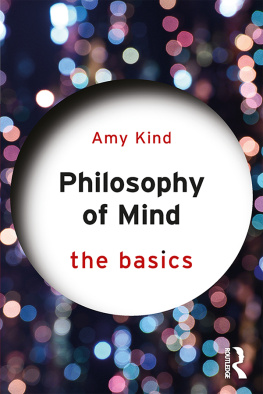
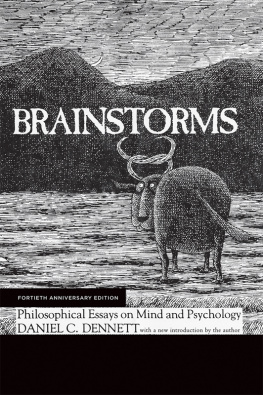
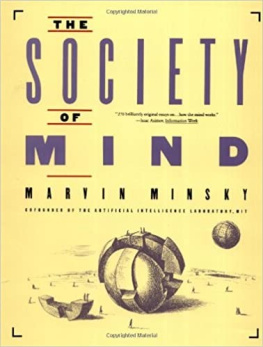
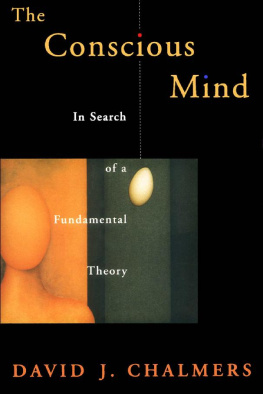
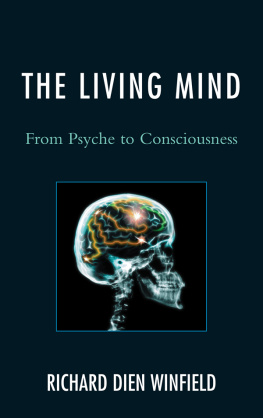
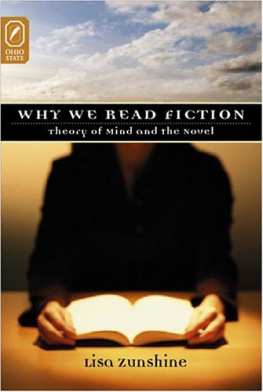
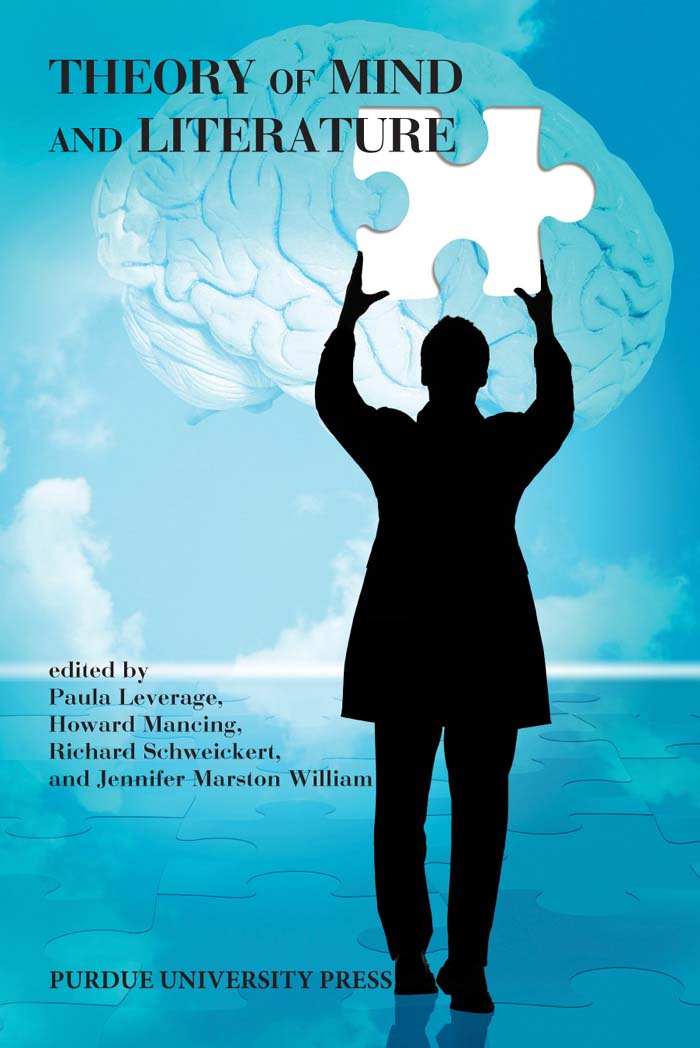
 T HEORY OF M IND AND L ITERATURE
T HEORY OF M IND AND L ITERATURE 